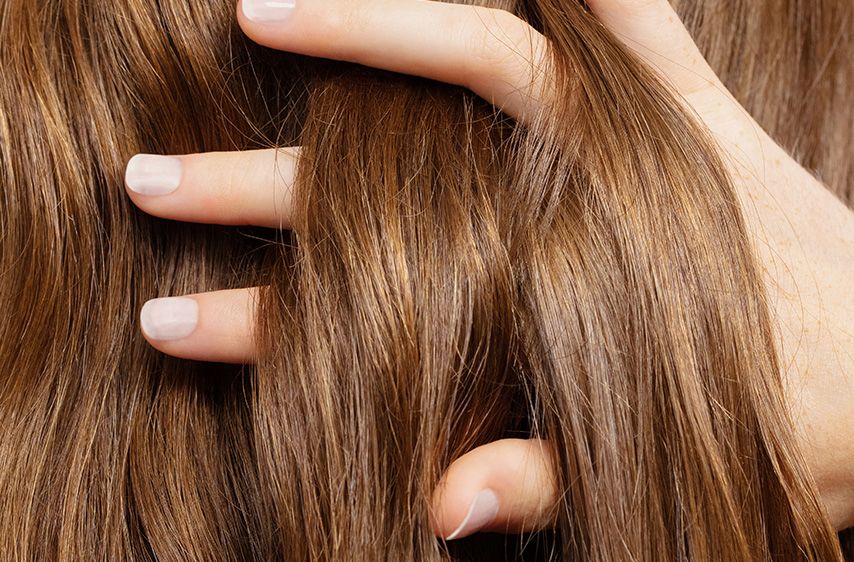Natural organic haircare products might be harder to find than many UK women think. Although many products are label “natural” or “organic,” the definition of these terms is often problematic. Fortunately, for women seeking natural or organic products in Europe, a German organization called BDIH (Bundesverband Deutscher Industrie und Handelsunternehmen) has established guidelines that help manufacturers produce high-quality natural and organic beauty products. Here’s some information about how a product gains BDIH certification.
Acceptable and Unacceptable Ingredients for BDIH Certified Products
In general, for organic products to earn the BDIH seal of approval, they must not use “organic-synthetic dyes, synthetic fragrances, ethoxylated raw materials, silicon, paraffin or other mineral oil derivatives” (Source: BDIH). In addition, manufacturers are required to use “high-quality plant-based oils, fats and waxes, herbal extracts, floral waters or essential oils and aromatherapy fragrances, obtained wherever possible from controlled biological cultivation, or controlled biological wild collection” (Source: BDIH). Over 2000 products have been tested since BDIH certification was introduced in 2001.
General BDIH Requirements
Products that carry BDIH certification must make a full disclosure of all ingredients. Genetically engineered ingredients must be avoided. Producers of BDIH certified products must uphold environmental standards in all phases of production, including raw materials, manufacturing processes and packaging. On the social responsibility side, BDIH espouses the “fair trade” philosophy. Wikipedia.org tells us that fair trade is “an organized social movement and market-based approach to empowering developing country producers and promoting sustainability. The movement advocates the payment of a fair price as well as social and environmental standards in areas related to the production of a wide variety of goods”.

